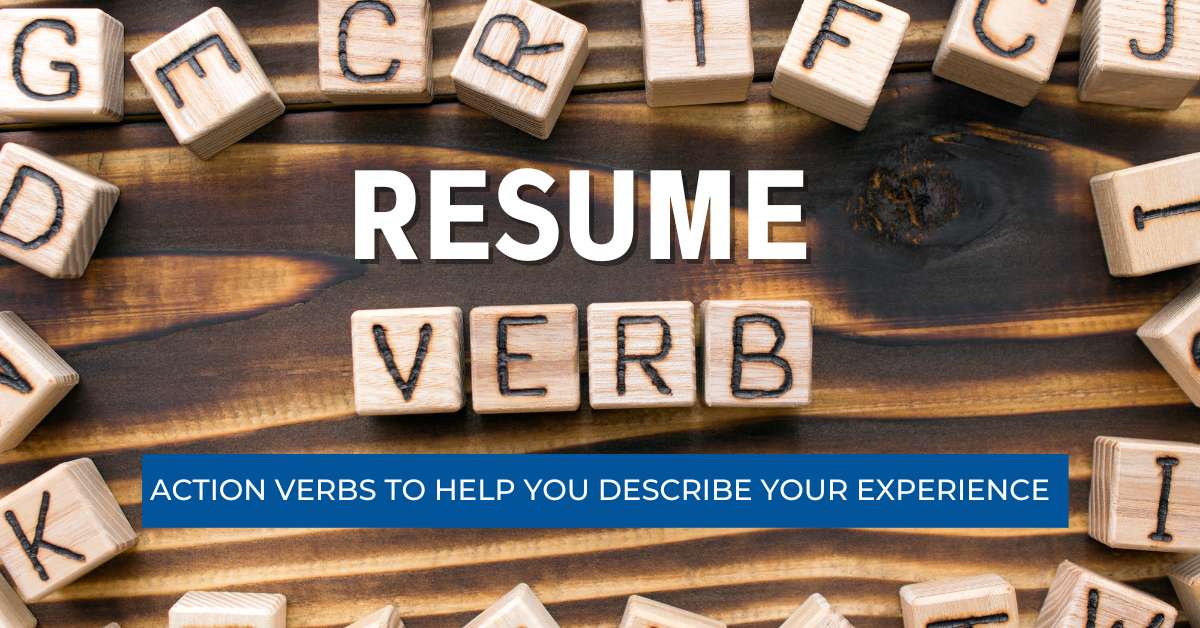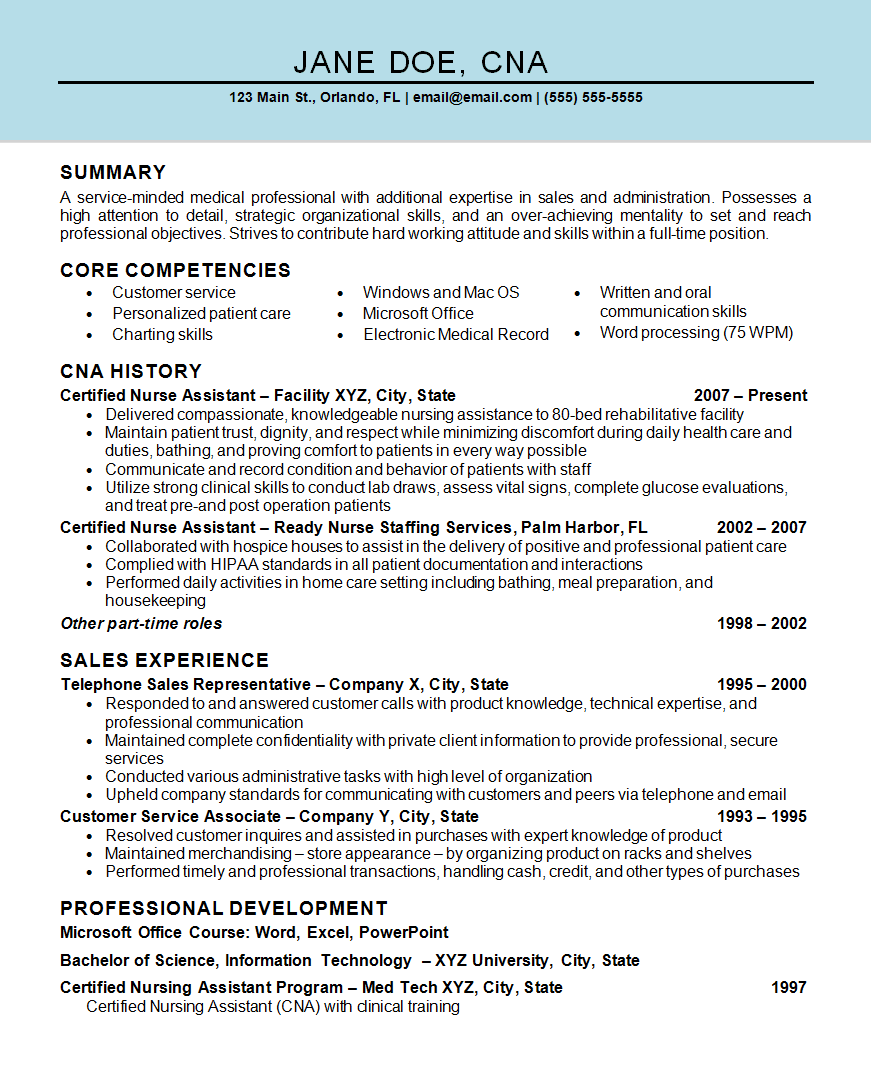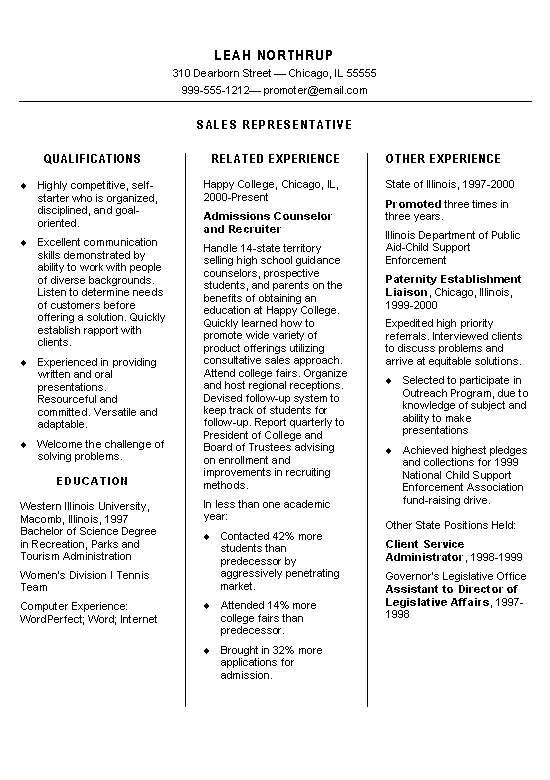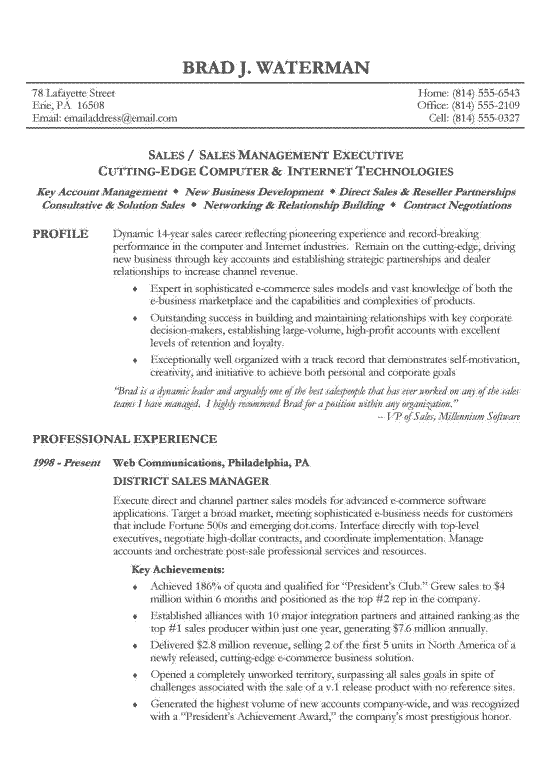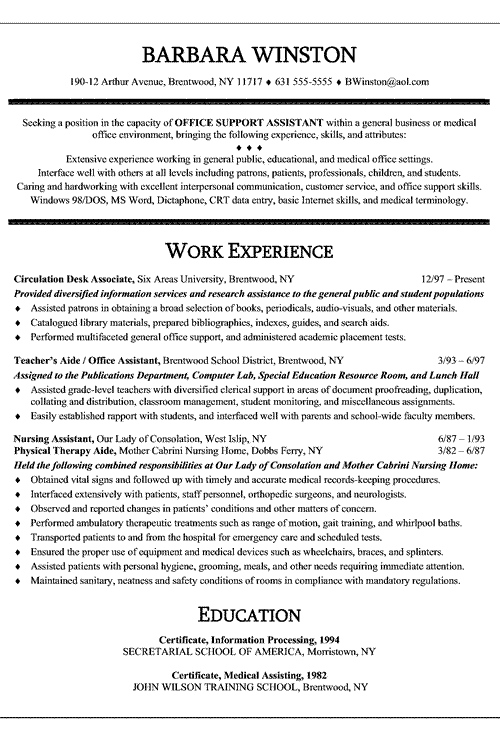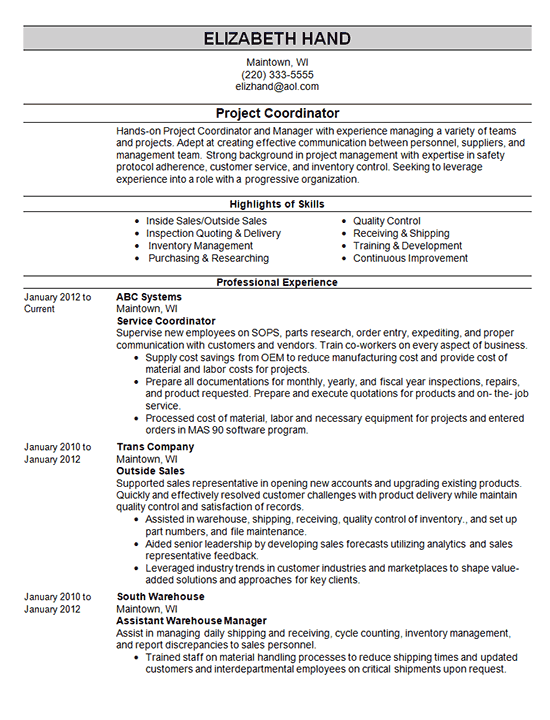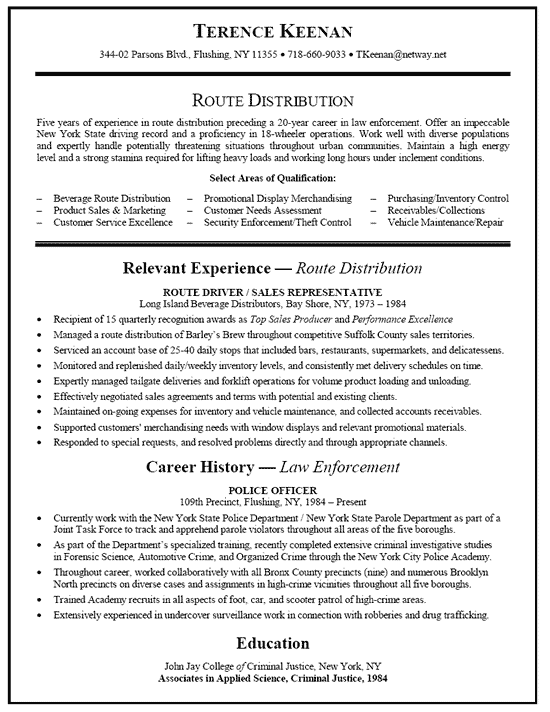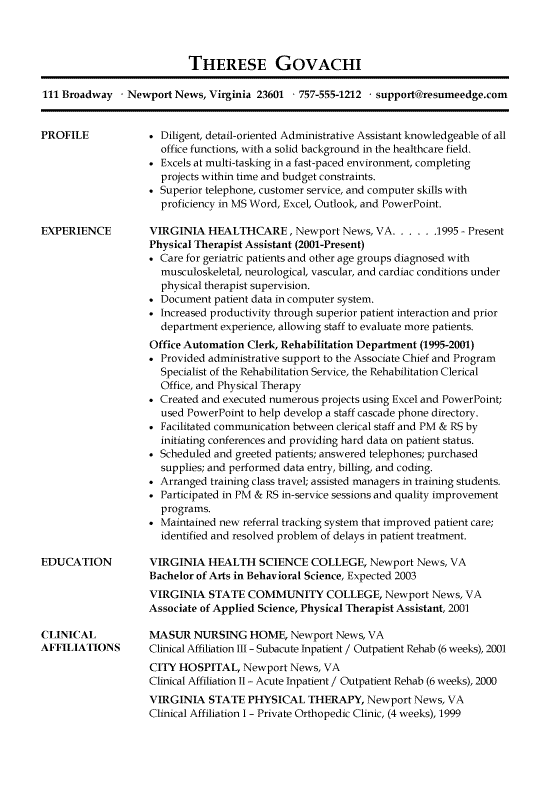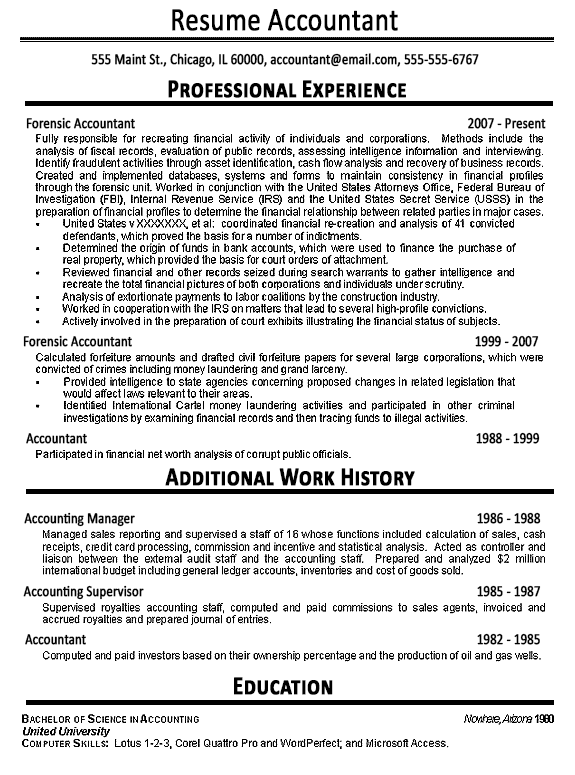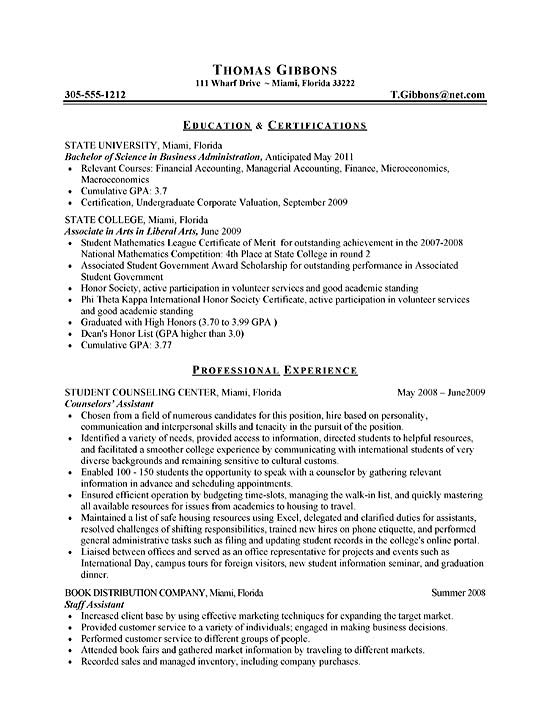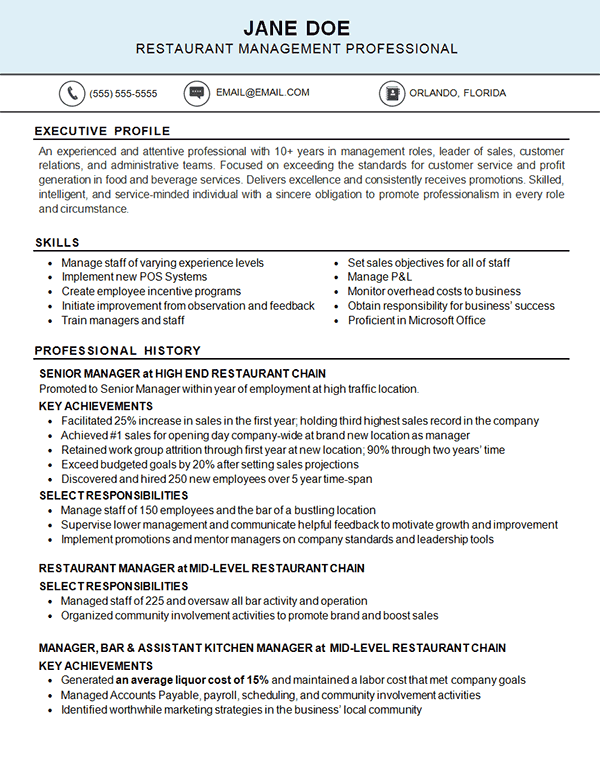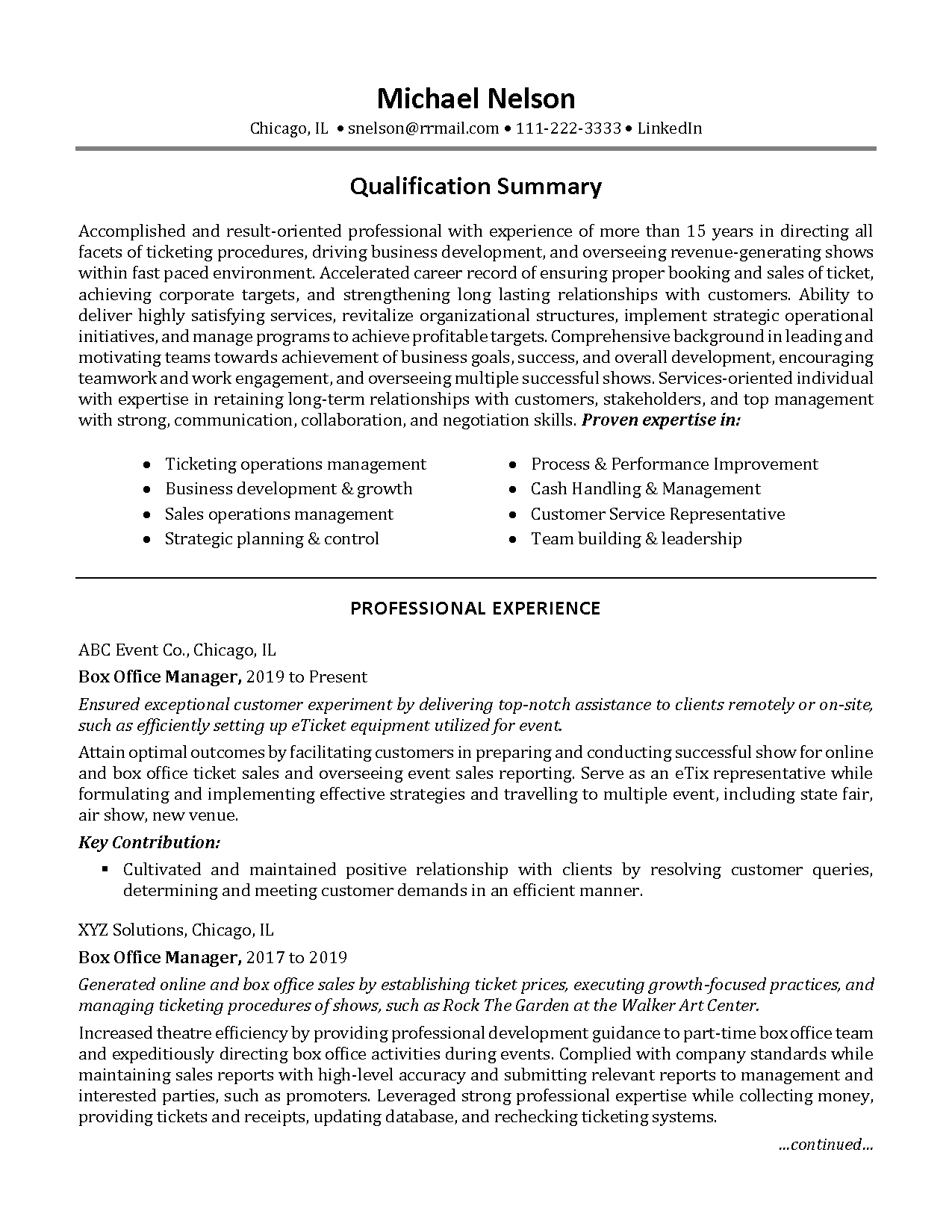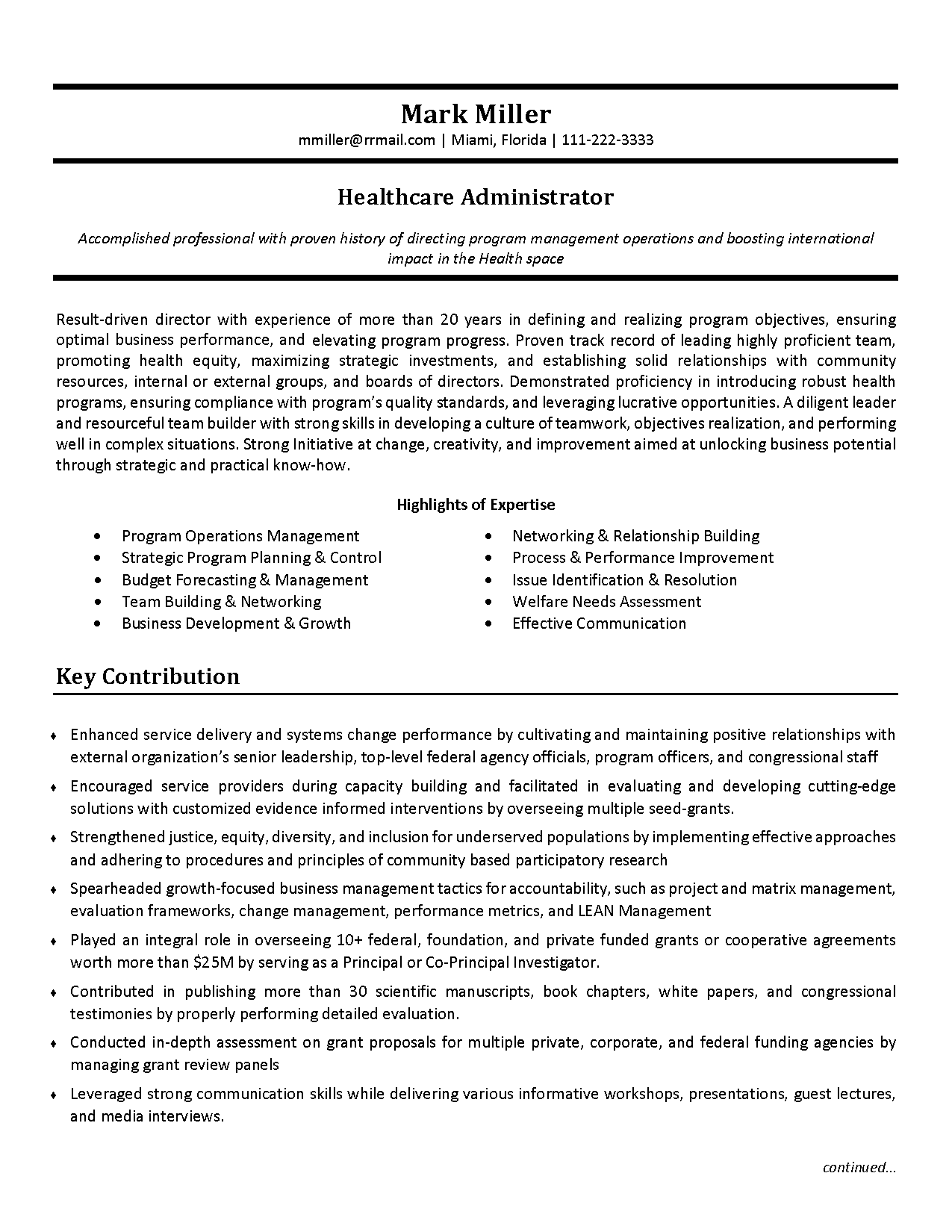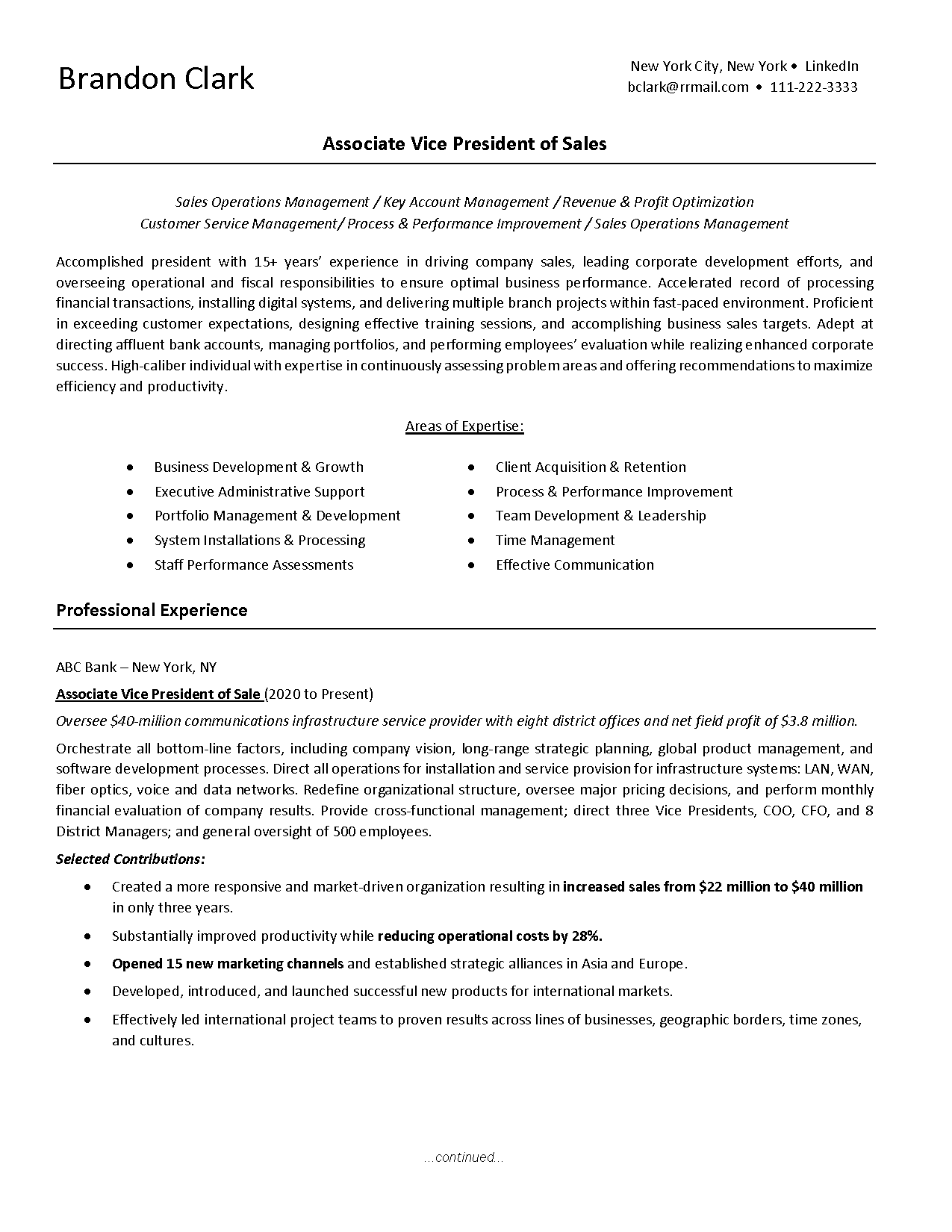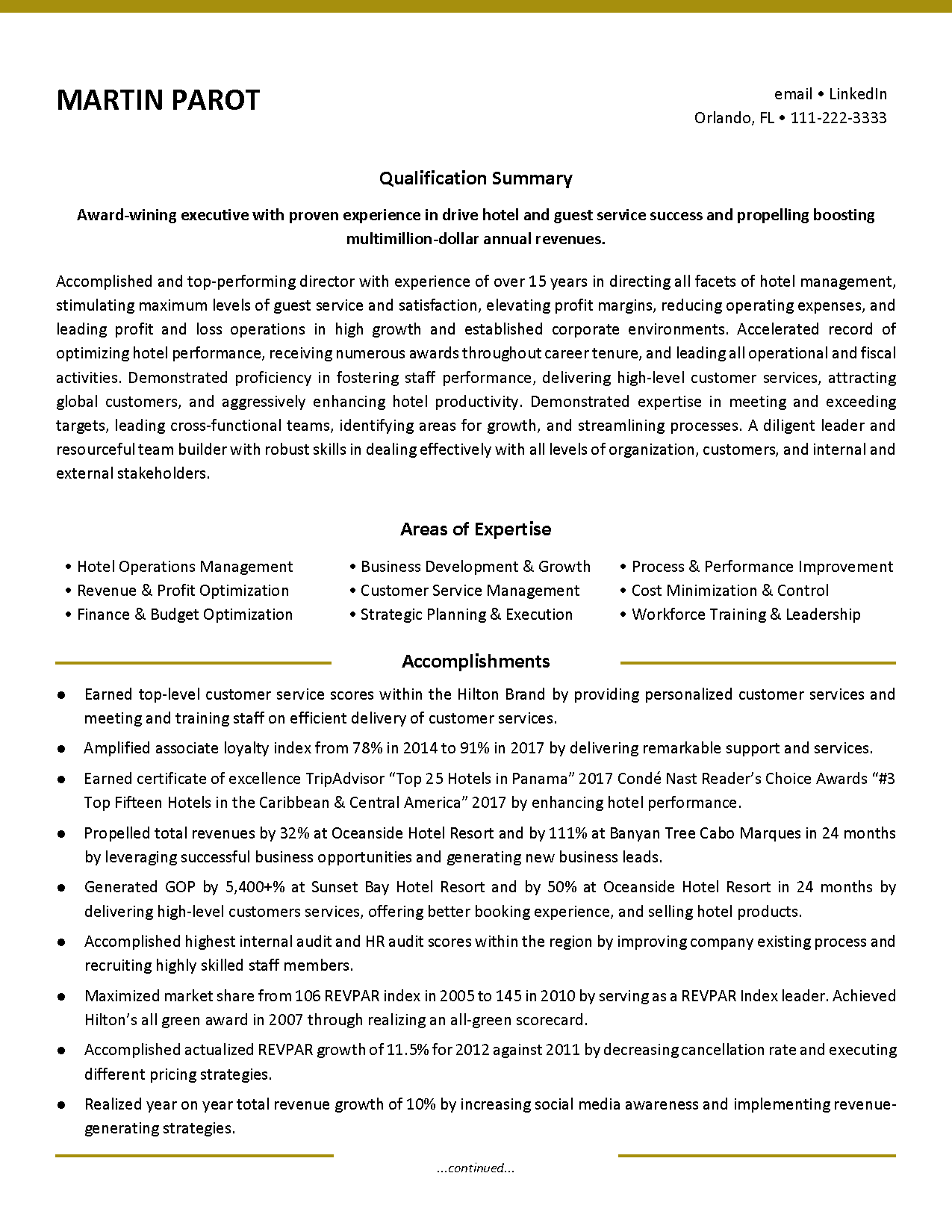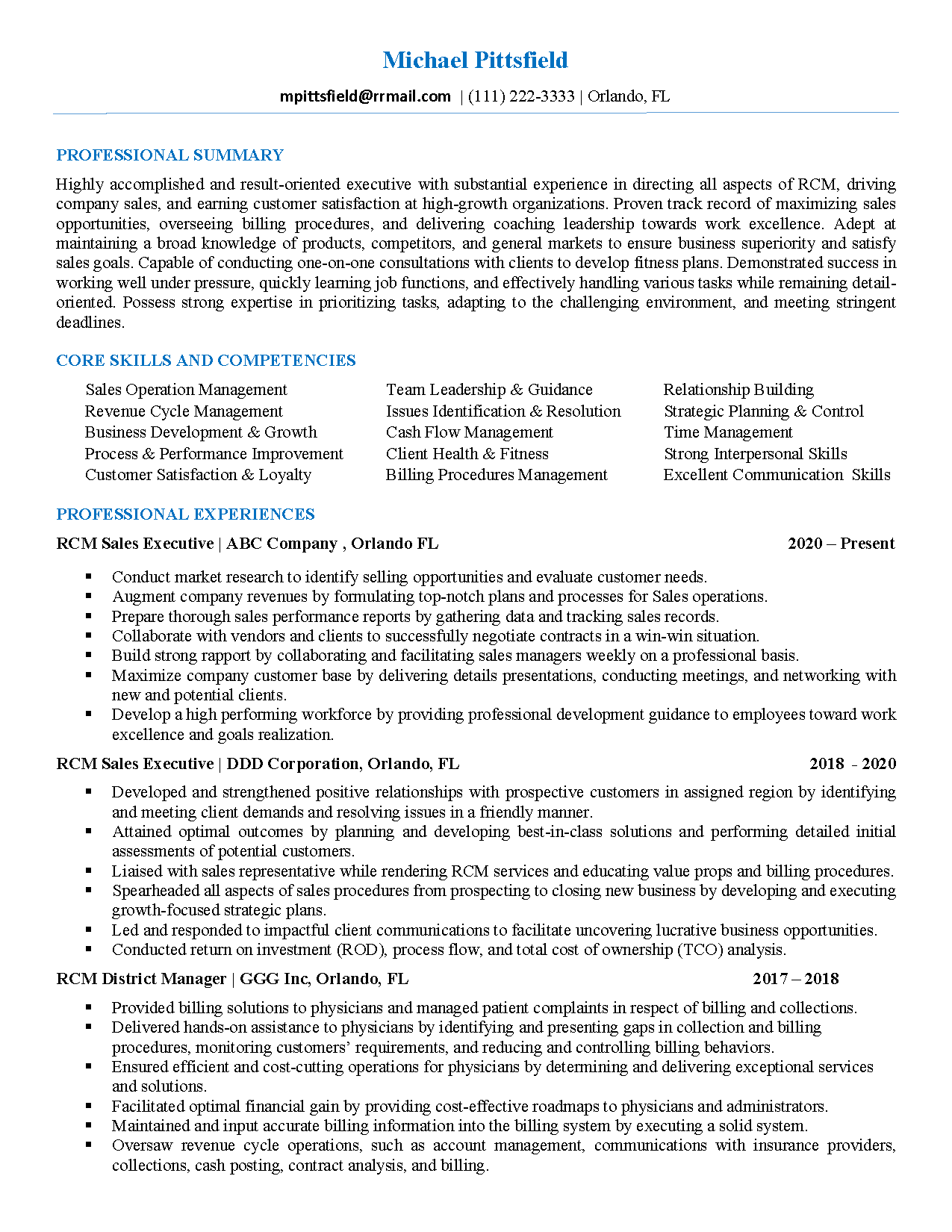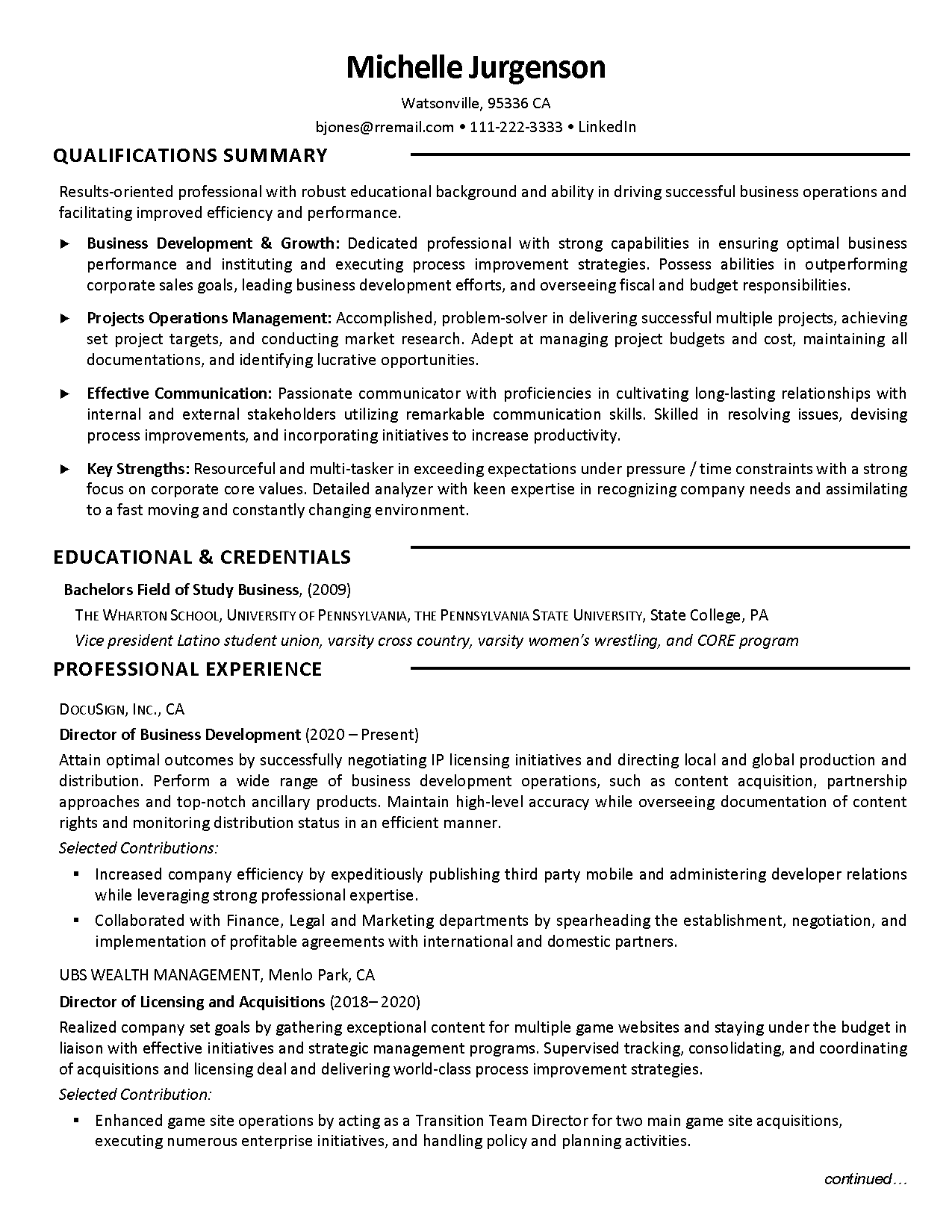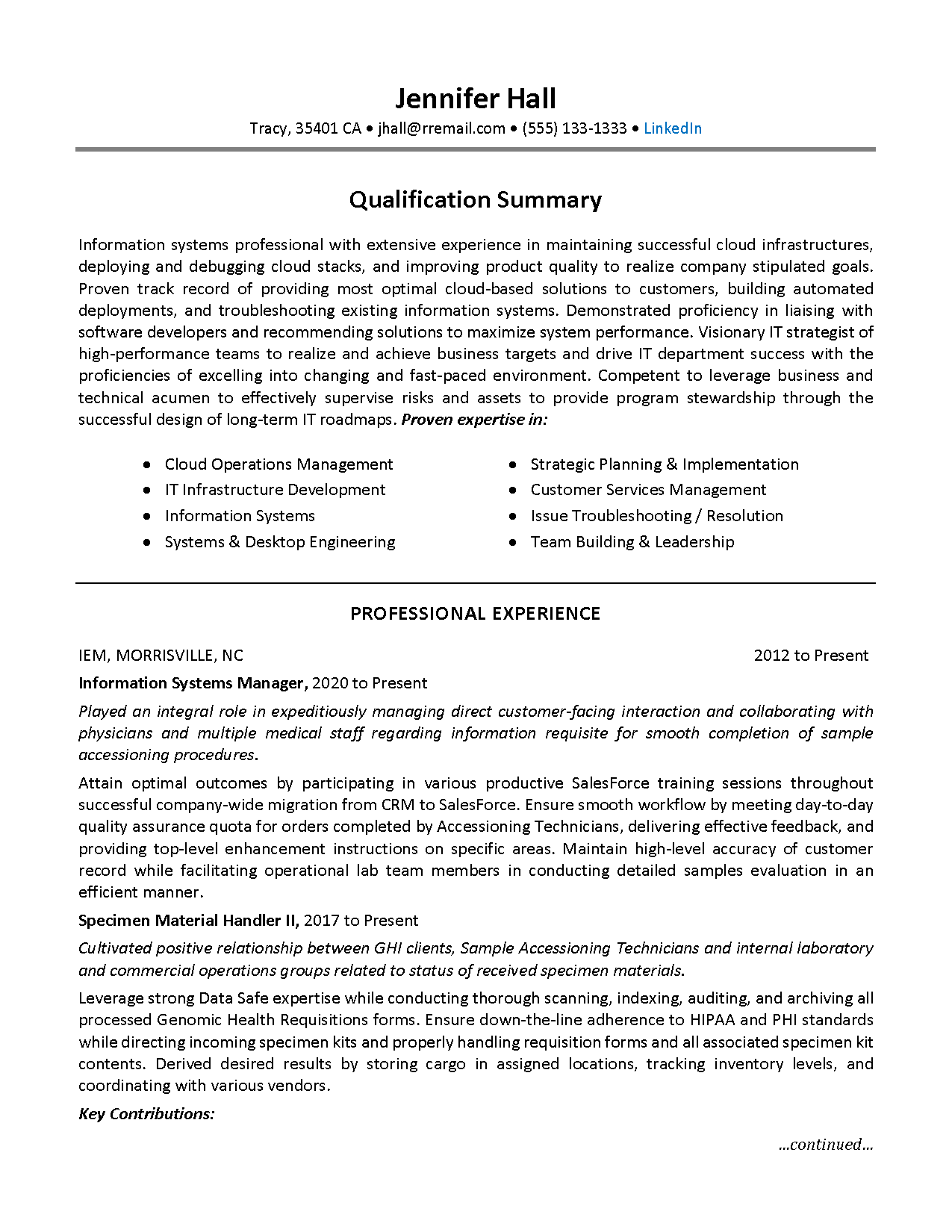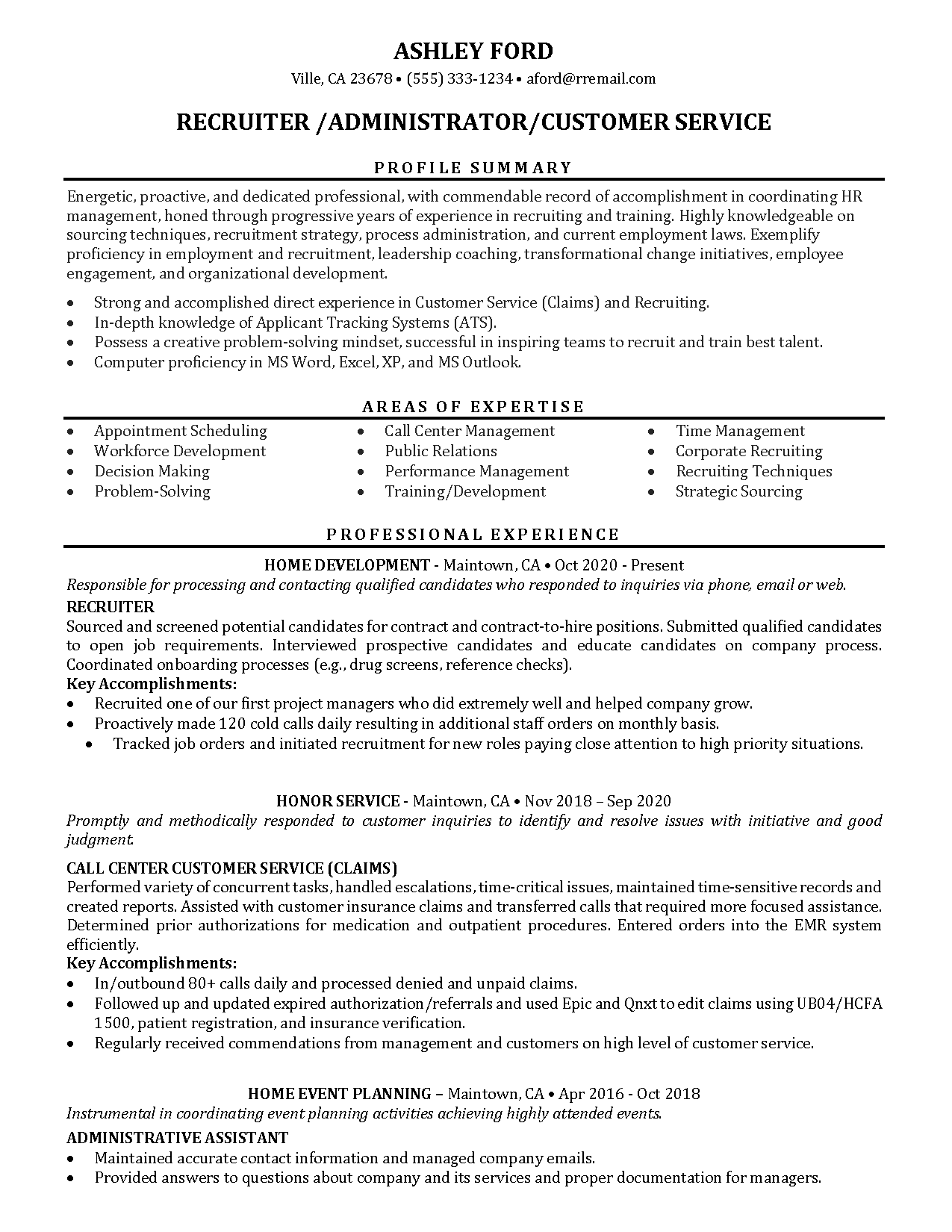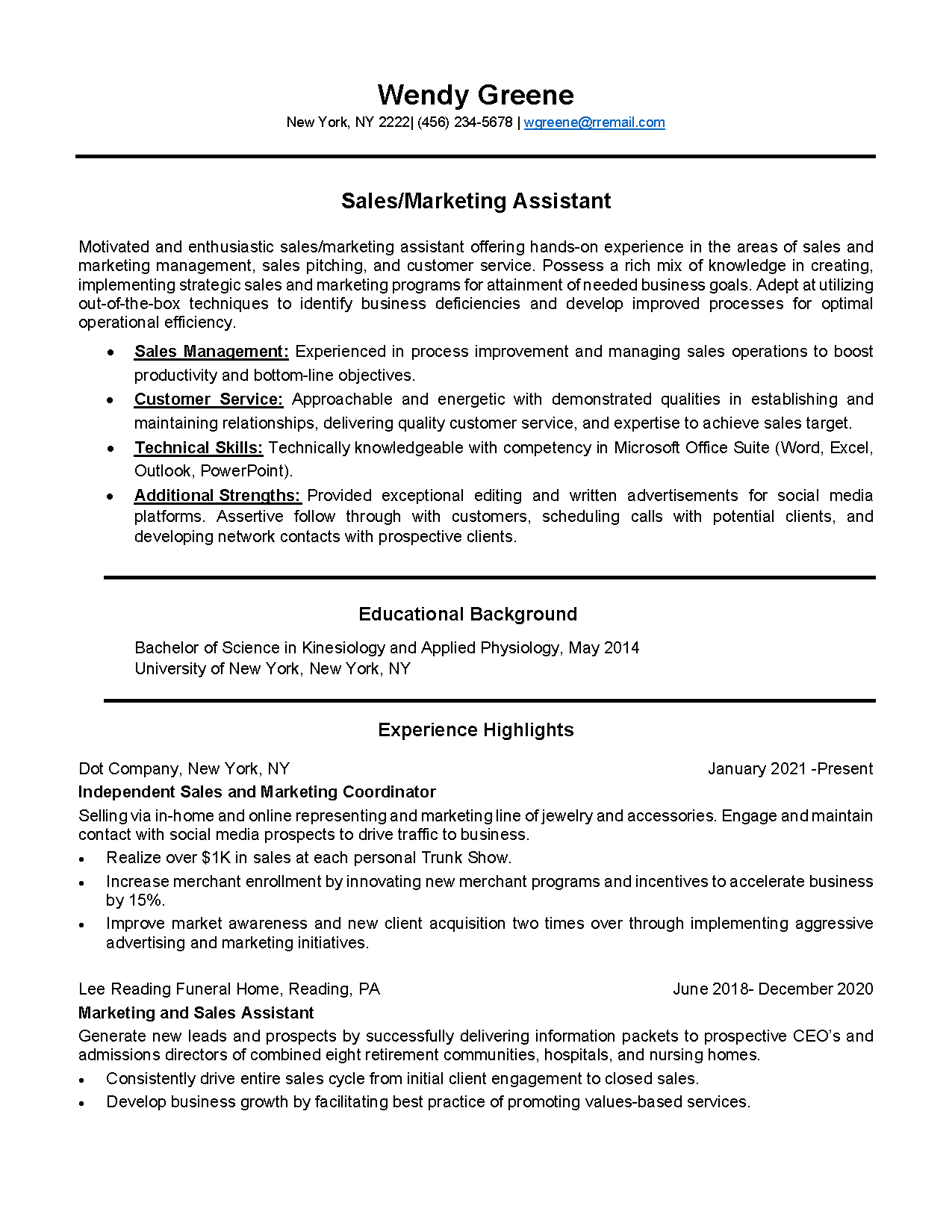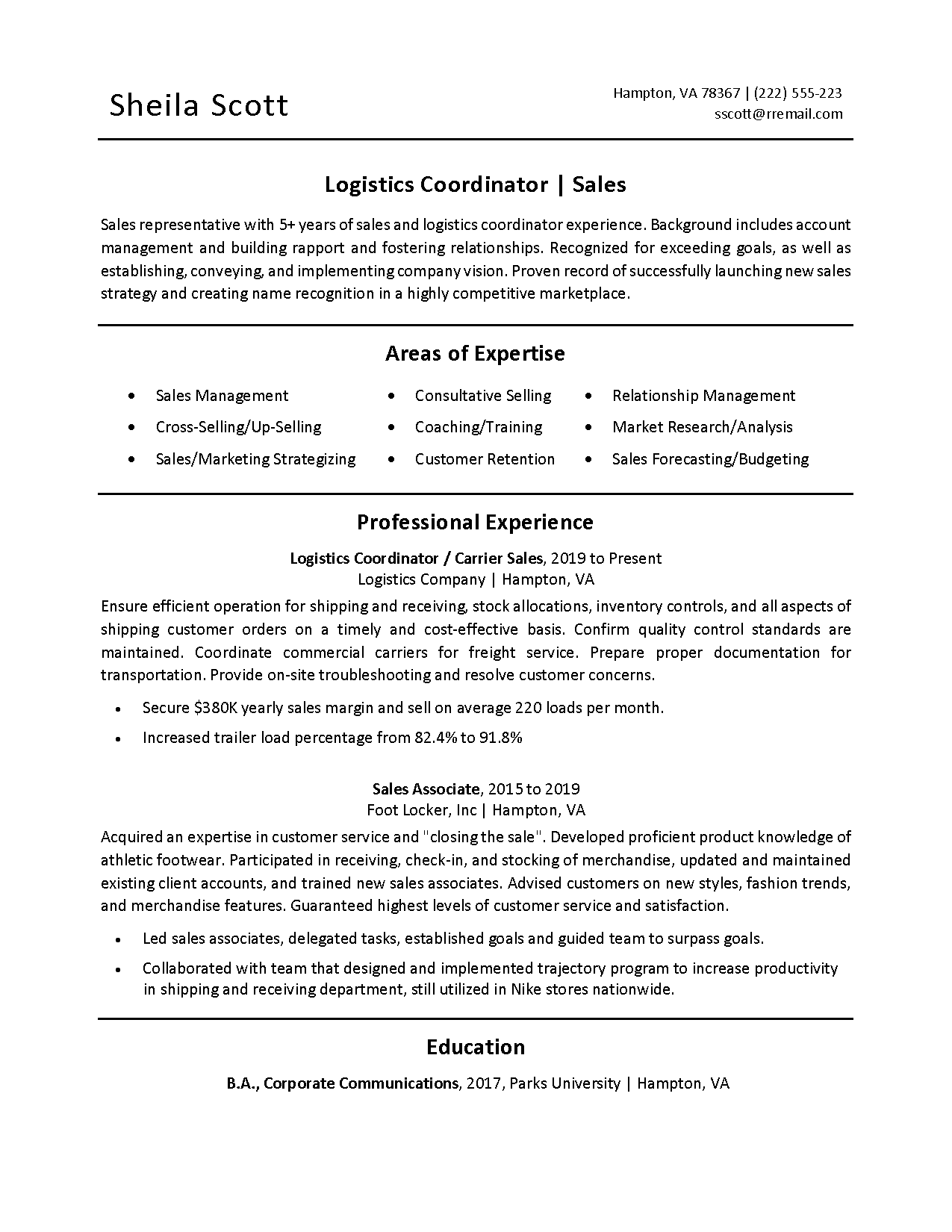
Basic Resume Tips
There are as many opinions on the subject of resumes as there are job seekers! Some of the more popular opinions are centered on the use of objectives, summaries, profiles, title headings.
Also there are different ideas for using keywords, reference statements, personal interests, salary history, dates, graphics, fonts, and of course, the length of the resume.
Then there is the question of format. Should the style of a resume be chronological, functional or combination? One thing is certain – the resume should sell a candidate’s strengths and qualifications, and answer a hiring manager’s question, “How can you solve my problem?” It should also have full contact information, be organized, and provide specific information that a hiring manager needs to decide whether or not a candidate is well suited for a position. At the very least, it should list relevant experience and achievements.
PURPOSE OF A RESUME
A resume is a personal marketing document that communicates your career objective and value to a hiring company. A strong resume is carefully planned and developed (not quickly typed up) in an appropriate format (style) designed to showcase your experience and accomplishments in direct relation to a specific position.
BASIC RESUME WRITING TIPs – FORMATTING RULES
- Bold and enlarge your name at the top.
- Keep the sections lined up and consistent.
- Use an Arial or Times New Roman font (or similar).
- Font size shouldn’t be smaller than 11pt or larger than 12pt, except for your Name and Headings.
- Do not include pronouns such as “I,” company street addresses, salary, or reasons for leaving.
- Two-page resume: be sure to fill the second page at least halfway down the page.
- Place “Continued” at the bottom of page one, and your name and “Page 2” at the top of page two.
- Use graphics sparingly unless you are in a creative field. It is safe to use a border and shading.
- Leave out personal data, photos, and unrelated hobbies, unless you are an actor/actress or model.
- If you spell out the state in your address, such as New York, spell out the states for your jobs.
- Proof, proof, and proof again!
To help you understand the main differences between various resume styles, the following illustrates the same resume in chronological, functional, and combination formats. Also provided below is a comprehensive list of common mistakes to avoid and useful tips to help your resume to compete in today’s competitive workplace:
CHRONOLOGICAL
This is the most commonly used resume format. It is straightforward, and easily traces a candidate’s career path and progression in a given field. Experience and accomplishments are listed in reverse chronological order, with the most recent job positioned first. Because it leaves little to the imagination and makes it difficult to hide employment gaps, the chronological resume is the most preferred format of employers and recruiters.
Chronological Format Example:
PROFESSIONAL EXPERIENCE
Wireless, Inc., Brooklyn, NY 1998 – Present
Sales Representative
- Prospected and sold communications services to business accounts spanning the Northeast and Midwest regions.
- Consulted clients on the cost-effective advantages of switching over from standing services, resulting in a 15% new market penetration with revenues at $1,850 at close of 2000.
Anderson Doors, Bronx, NY 1993 – 1998
Business Development Manager
- Conducted competitive analyses on European markets to formulate conceptual strategies that cemented key alliances with distributors throughout Italy and Germany.
- Aggressively marketed Anderson’s company logo and message in print and television advertising campaigns, heightening brand awareness across U.S. and European consumer markets.
FUNCTIONAL
This is a skills-based, achievement-oriented format. Experience and accomplishments are listed in sections with specific headings that extract and showcase ONLY what is directly applicable to the targeted position. Because it is somewhat vague sometimes omits dates, it is the least preferred resume format of employers and recruiters.
Functional Format Example:
PROFESSIONAL EXPERIENCE
Sales Management
- Prospected and sold communications services to business accounts spanning the Northeast and Midwest regions.
- Conducted competitive analyses on European markets to formulate conceptual strategies that cemented key alliances with distributors throughout Italy and Germany.
Market Penetration
- Consulted clients on the cost-effective advantages of switching over from standing services, resulting in a 15% new market penetration with revenues at $1,850 at close of 2000.
- Aggressively marketed Anderson’s company logo and message in print and television advertising campaigns, heightening brand awareness across U.S. and European consumer markets.
COMBINATION
This format combines the chronological and functional formats into one! As with the functional format, it lists experience and accomplishments in sections with specific headings directly applicable to the targeted position. However, it lists employment information under a SEPARATE category (only title, company, location, and dates). Since it easily tells the reader how a candidate is qualified for a position while also providing an employment history, it has fast become a favorite resume format amongst many employers and recruiters.
Combination Format Example:
PROFESSIONAL EXPERIENCE
Sales Management
- Prospected and sold communications services to business accounts spanning Northeast and Midwest regions.
- Conducted competitive analyses on European markets to formulate conceptual strategies that cemented key alliances with distributors throughout Italy and Germany.
Market Penetration
- Consulted clients on the cost-effective advantages of switching over from standing services, resulting in a 15% new market penetration with revenues at $1,850 at close of 2000.
- Aggressively marketed Anderson’s company logo and message in print and television advertising campaigns, heightening brand awareness across U.S. and European consumer markets.
WORK HISTORY
Wireless, Inc., Bay Shore, NY 1998 – Present
Sales Representative
Anderson Doors, East Islip, NY 1993 – 1998
Business Development Manager
INTRODUCTION HEADINGS
PROFILE STATEMENTS
KEYWORDS
TITLE HEADINGS
SUMMARY OF QUALIFICATIONS
Use any one or a combination of these headings to communicate the type of position you are applying for, and the value you will bring to the hiring company at a glance. Remember, a reader spends a brief moment on each resume. Your resume must grab their attention, and hold it!
SAMPLE PROFILE STATEMENT
Accomplished sales professional known for delivering strong revenue and profit gains in highly competitive markets, seeking a Regional Sales Manager position. Bring 15 years of solid experience and select strengths that encompasses sales territory management and key account development. Equally effective at relationship building, program development, and team leadership.
Notice that the actual title “Objective” was omitted, yet mentioned! If you prefer to use the actual “Objective” title, do not use the outdated colon after the category.
SAMPLE PROFILE STATEMENT/KEYWORDS
Accomplished sales professional known for delivering strong profit gains in highly competitive markets, seeking a Regional Sales Manager position. Strengths encompass:
Capital Sales & Marketing | Team Building/Leadership
Key Account Development | Client/Vendor Relations
Financial Analysis & Reporting | Program Development
SAMPLE TITLE HEADING/PROFILE STATEMENT
REGIONAL SALES MANAGER
Known for delivering strong and sustainable revenue and profit gains in highly competitive markets. Bring 15 years of solid experience and select strengths that encompasses sales territory management, key account development, staff training, team leadership, presentations, and closings.
(Bold, italicize, or underline the Title Heading so it stands out.)
SAMPLE SUMMARY OF QUALIFICATIONS
Accomplished sales professional known for delivering strong and sustainable revenue and profit gains in highly competitive markets. Seeking a Regional Sales Manager position with a leading pharmaceutical company. Select strengths encompass:
- 15 years of cross-industry experience and accomplishments with leading start-up and high-growth bio-medical companies.
- Strategically build and maintain profitable business relationships.
- Strong communicator and team leader with a pulse on ever-changing industry trends.
- Effectively manage the sales cycle process from client consultation to closing.
RESUME WRITING TIPS – COMMON MISTAKES, DO’S & DON’TS
- Name and/or address is too small / too big (headings and name should be at least font size 14 to 16; address 11 or 12)
- Font size for entire resume is too small / too big / all caps (not counting the headings, text should be no smaller than 11; no larger than 12)
- Needs an Objective or Title Heading (make it clear to the reader what position you are seeking. If you unsure, consider career counseling or purchase/rent a book on career choices)
- Could use a Summary or Profile statement (show your career overview)
- Objective is weak, cliché, unclear, or vague (State what you can do for the employer; not only what you want from them)
- Resume does not support Objective (be sure to make a connection)
- Lacks accomplishments / career achievements (sell it, don’t tell it!)
- Lacks industry-specific terminology / Keywords (“speak” the reader’s language)
- Jobs are not in the proper order-see below for more on resume tips and formats
- Sentences are too choppy-five words per bullet (expand; make it interesting)
- Wording is weak; statements are too simple (use action verbs and a thesaurus)
- Same information repeated too many times (use a functional/combination format)
- Too many typos and grammatical errors (read it backwards; have a friend proof-read it!)
- Unrelated jobs go back too far in years (keep it to 7-10 years in most cases)
- Includes too much unrelated information (stay on track; keep the position in mind)
- Does not include enough related information (show how well rounded you are)
- Uses pronouns – “I, He, She, His, Her” (not necessary or is understood)
- Style is outdated looking (headings are underlined and followed by colons “:”, the word “duties” is used, and uses “responsibilities:” as subheadings)
- Second page is too short – only a third down or less (condense/combine)
- Second page does not include your name (what if the second page is misplaced?)
- Too much or not enough white space (looks empty, inexperienced)
- Uses the full address for employers (list only the town and state)
- Uses full employment dates such as 12/11/01 (list only the month and year)
- Lists reason for leaving or explains situation (if you must, save it for the letter)
- Includes a Professional References Available Upon Request statement at the bottom of the resume (not wrong, but not necessary. Remember, this is not an option. If the employer wants references, they will ask for them)
- Includes a cover letter / salary information on the resume (use separate sheets)
- Includes unrelated personal interests and hobbies such as “enjoy reading, long walks, music, travel, knitting, and puzzles” (include interests ONLY if it is related to your career Objective)
- Includes personal information such as married, homeowner, two children (Leave off. It is unrelated to the position, and risks possible discrimination)
Written by Ann Baehr, a Certified Professional Resume Writer and President of Best Resumes. Ann is a career expert specializing in resume and cover letter writing for cross-industry clients ranging from college graduates to senior executives. Her work has been published in twenty resume and cover letter books by McGraw-Hill, Jist Publishers, and Adams Media. You can visit her site at Best Resumes of New York



